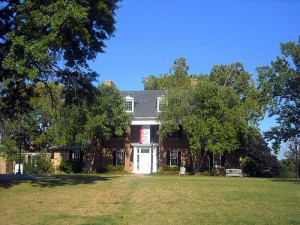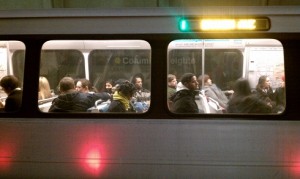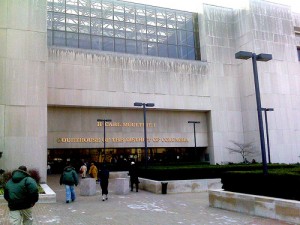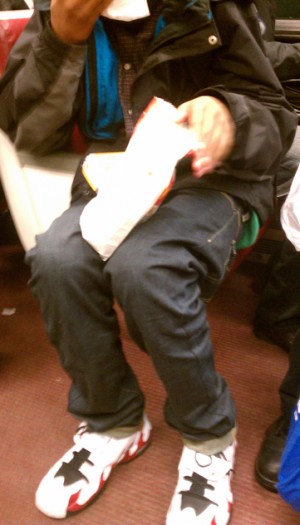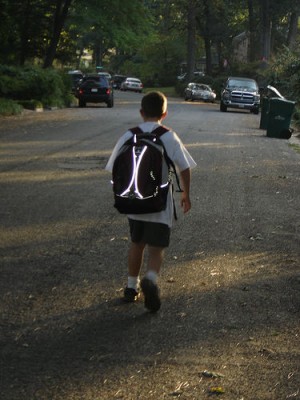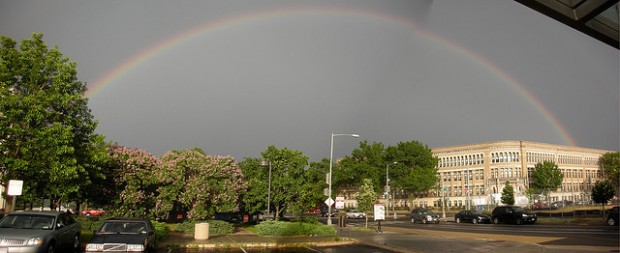Two weeks ago, Congress struck a last minute budget compromise to avoid a government shutdown. Part of that deal included restarting a voucher program in D.C. that had ended in 2009. Over at The New Republic, Matthew McKnight wonders if vouchers can provide a viable alternative to public schools–especially when the quality of private schools can vary dramatically:
Tuition at the city’s most elite, highest-achieving private schools are far too expensive for both the previous voucher allotments ($7,500 per year) and the increase proposed in the new bill ($12,000 per year). A smaller number of students were able to make up the difference from other funding sources in order to attend the more costly private schools. But, this means that most students with vouchers can only afford to attend private or parochial schools that, in many cases, are only marginally less bad than their public schools.
Lower school tuition for Sidwell Friends, the private school the Obama children attend, is nearly $32,000 for the 2011 school year. Sidwell offers financial aid to nearly a quarter of its student body–awarding an average of $20,965 to eligible students– but tuition is only the first hurdle to cross. McKnight interviewed an African American senior at the prestigious school who discussed feeling like an outsider who had to overcome obstacles like “sharp racial imbalances”…and that Senior wasn’t even a voucher student.



